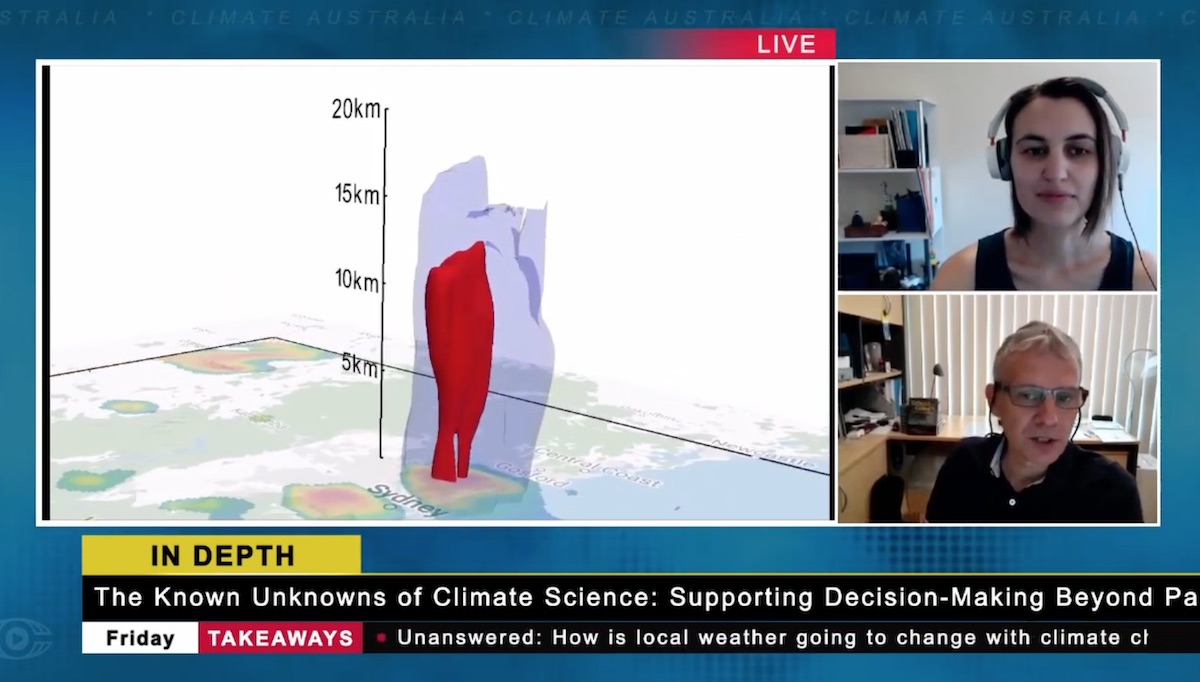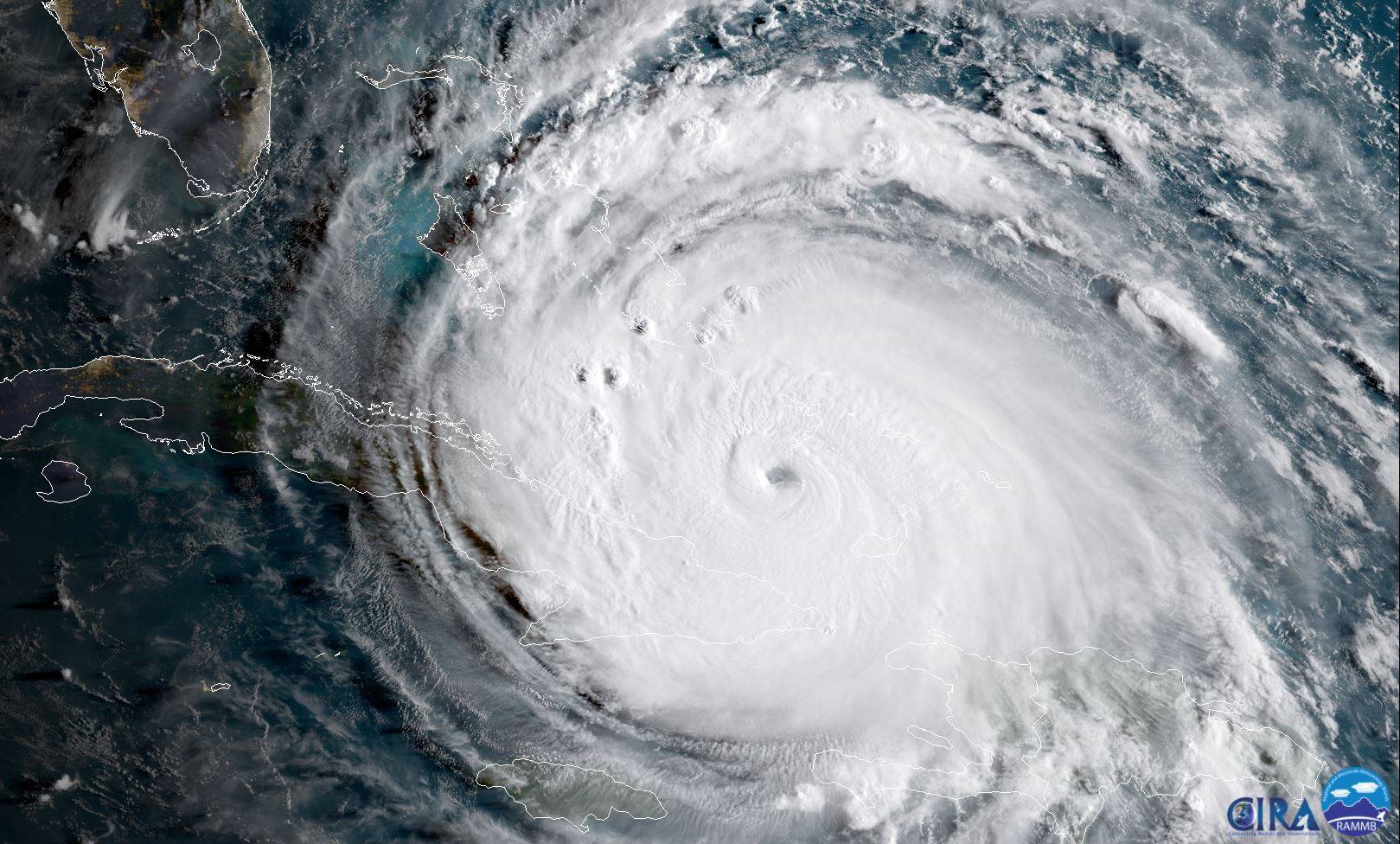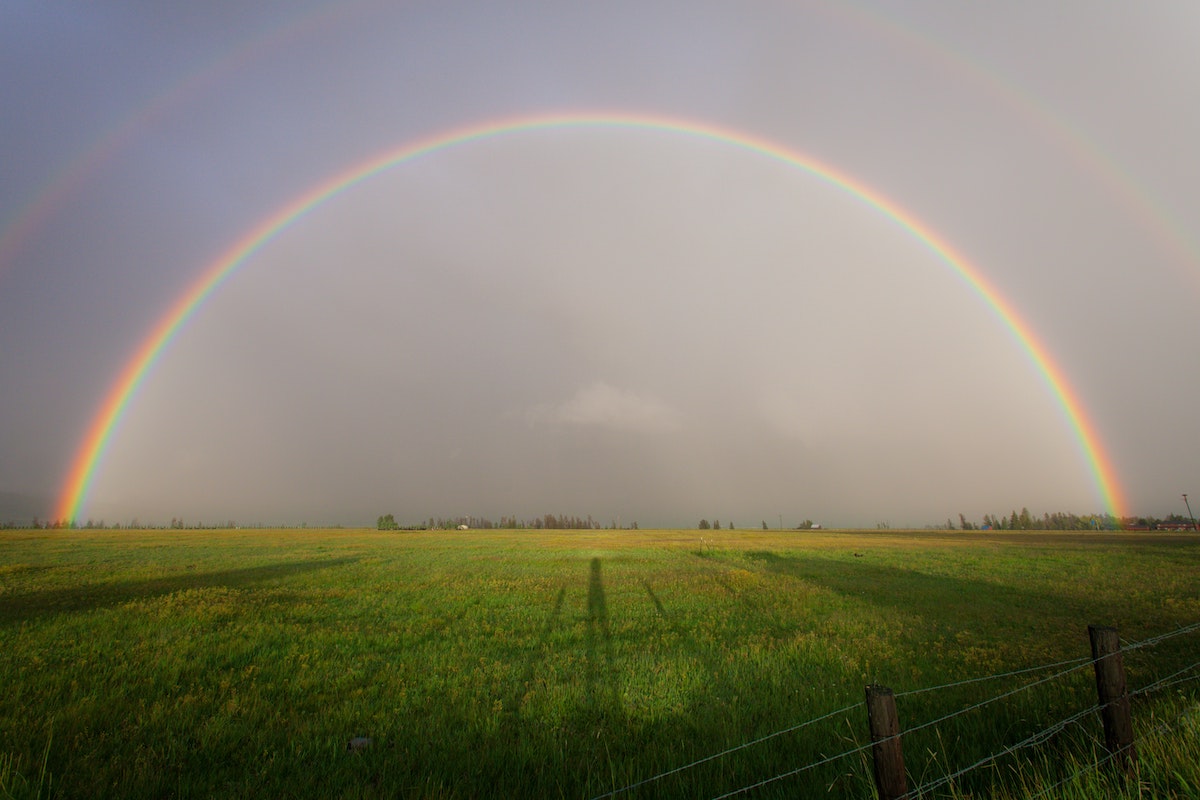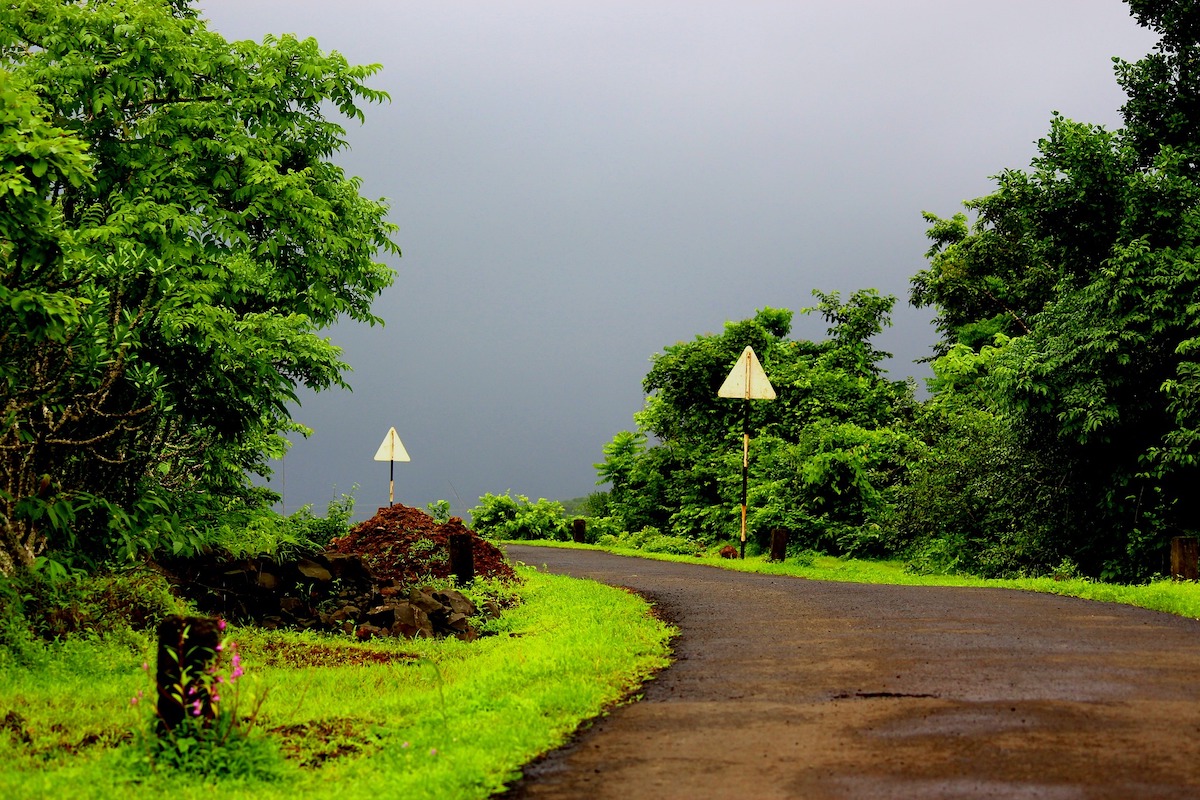-
Research brief: Tickling climate models reveals their bad behaviour

In this work CLEX researchers aim to understand a few popular ways to parameterize convection. They extracted one vertical column from five different GCMs and lightly tickled (perturbed) it and then observed the responses.
-
The known unknowns of climate change

Lee Constable interviews Prof Christian Jakob about what we don’t know about climate change for her channel on the Cimpatico Studios platform, Climate Australia.
-
Research brief: tropics and SOUTHERN HEMISPHERE subtropics were drier in the mid‑Pliocene Warm Period

New study shows November-to-March precipitation (when rainy season peaks over most of the Southern Hemisphere land mass) was significantly reduced both in the Southern Hemisphere tropics and subtropics due to a weakening of the subtropical convergence zones during the mid-Pliocene Warm Period.
-
Research brief: Tropical rainfall modelling errors decrease slowly, but storm resolving models may be the future

An international team including CLEX researchers examined models used by the Intergovernmental Panel for Climate Change (IPCC) over three model phases linked to IPCC reports – CMIP3, CMIP5, and the most recent, CMIP6, to see if they improved representation of tropical rainfall.
-
Research brief: Tropical cyclones intensify more quickly in a warming world

CLEX researchers find rapidly intensifying hurricanes may become more frequent in a future warmer climate and the speed of this increase in intensity will continue to accelerate as the world’s oceans continue to warm.
-
Researchers call on Australian citizen scientists to collect storm data

Australia researchers are calling on storm chasers and members of the general public fascinated by severe weather to take part in a citizen science project that will help better capture the occurrence of extreme weather events and improve our ability to forecast them.
-
Research brief: Where does Australia’s rain come from?

Where does our rain come from? For a drought-prone continent like Australia, and a country with communities and industries affected by drought and flooding rains, the answer to that question is of vital importance.
-
Research brief: Climate change will strengthen Southern Hemisphere monsoons

Comparing past and future changes in Southern Hemisphere monsoons has revealed how they will alter with climate change under a business-as-usual scenario.
-
Research brief: How nighttime storms form without cold pools

Organised nighttime thunderstorms can sometimes occur without a surface cold pool. CLEX researchers investigated how this could occur and still support storms.

